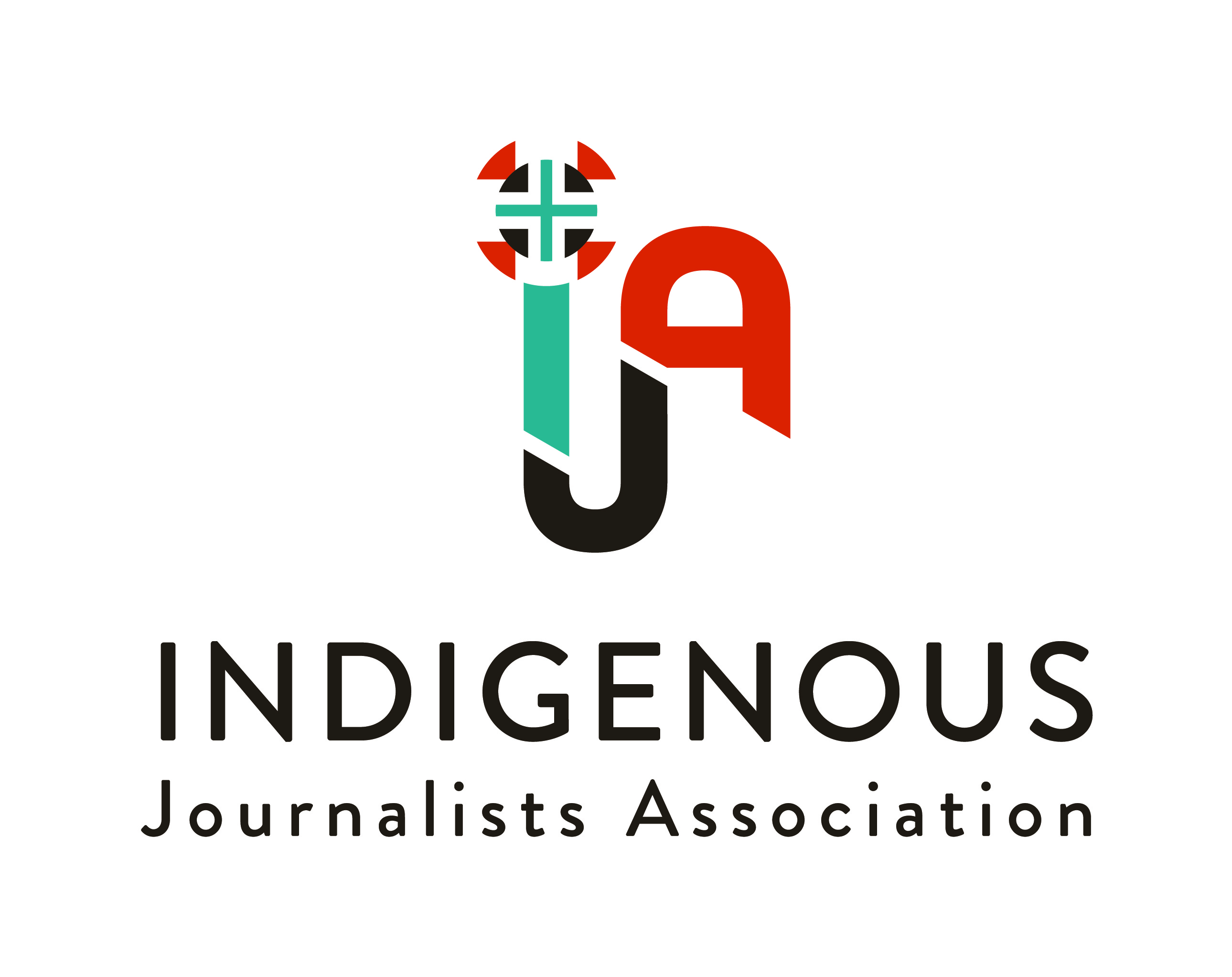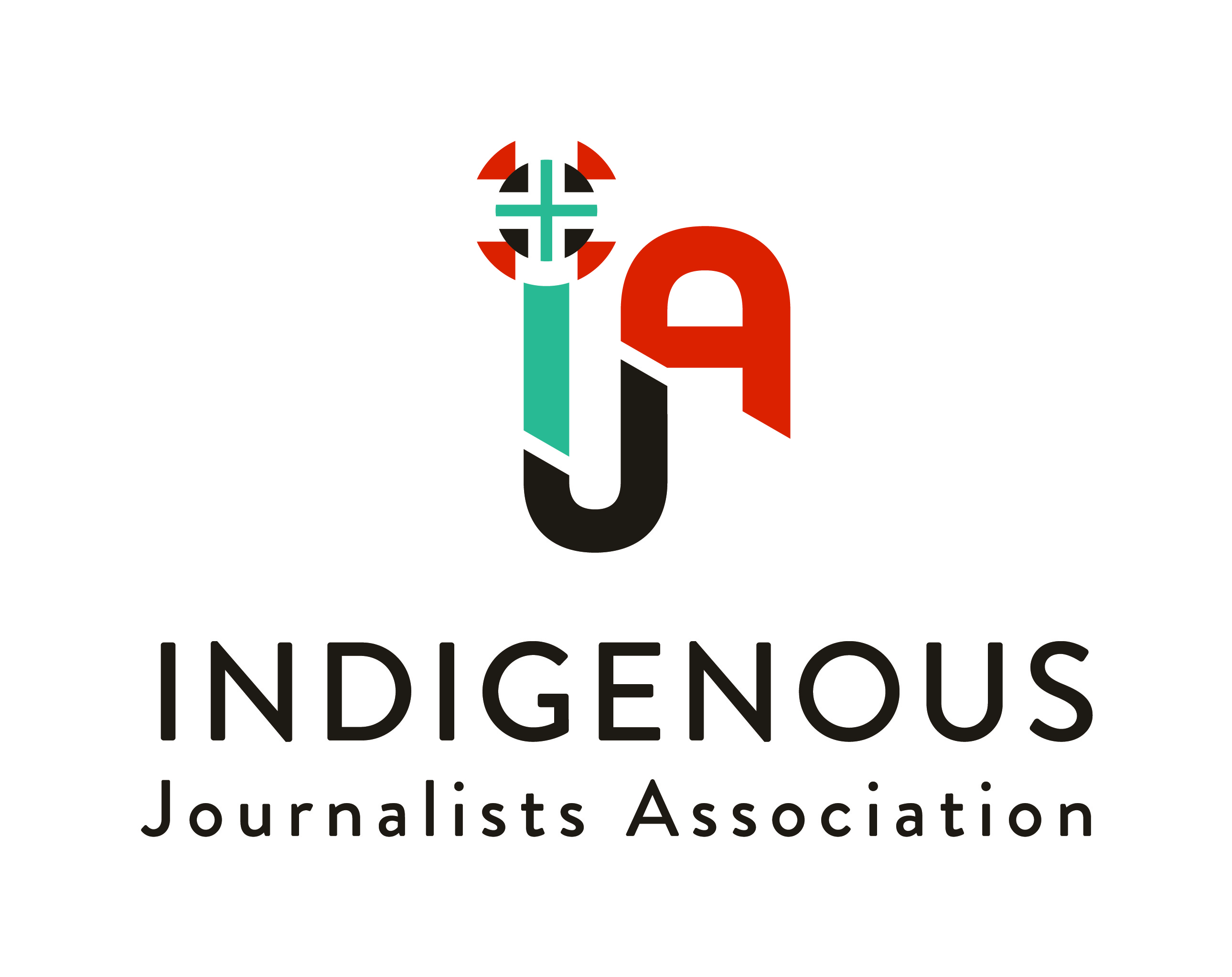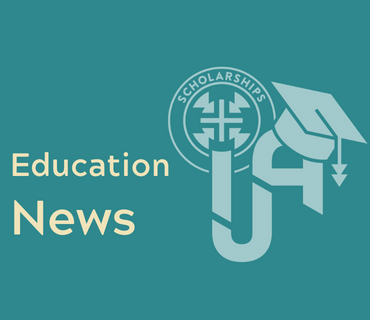The Indigenous Journalists Association selects Indigenous fellows for virtual curriculum, conference attendance
The Indigenous Journalists Association has selected eight students for the Indigenous Journalism Fellowship (IJF) class of 2024.
The 2024 class of fellows participate in a virtual curriculum with selected mentors representing broadcast, radio, print and digital media. This innovative experience is designed to leverage the advantages of a digital newsroom while allowing fellows to strengthen reporting skills, pitch stories to news outlets, participate in the Indigenous Media Conference and network with other Indigenous journalists.
Mentors-in-Training
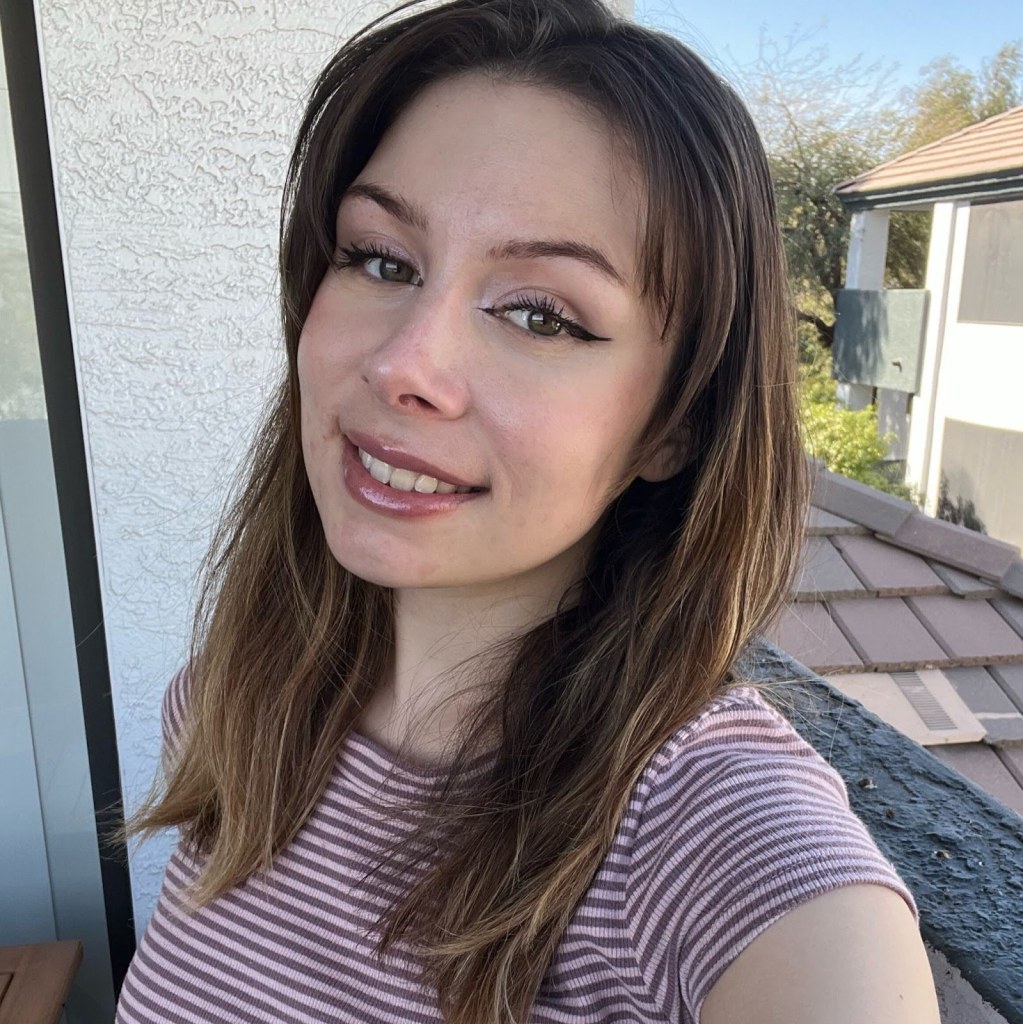
Aspen Ford (United Keetoowah Band of Cherokee Indians)
Aspen Ford is an investigative journalist from the United Keetoowah Band of Cherokee Indians tribe. She is currently pursuing her master’s degree of investigative journalism at Arizona State University and will graduate in December 2024. Ford graduated from Northeastern State University in May 2022 with a double major in media studies and Spanish. After graduating, she was a fellow at The Oklahoman for a year. Ford hopes to pursue investigations linking Indigenous communities with environmental justice.
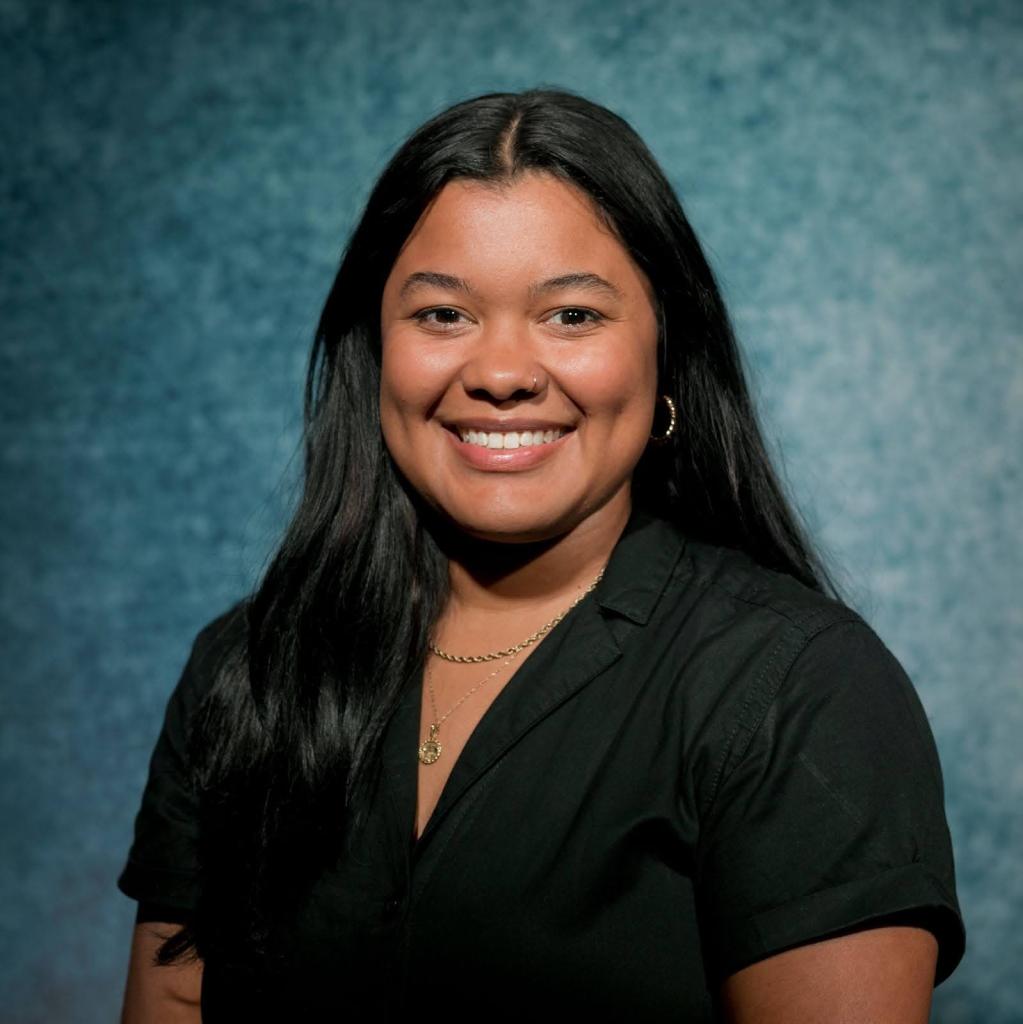
Cheyenne McNeill (Coharie / Waccamaw Siouan / Lumbee)
Cheyenne McNeill is a writer from North Carolina. From a young age, she’s held a fondness for storytelling—a trait she credits to her maternal grandmother. She attended the University of North Carolina at Chapel Hill, where she majored in broadcast and electronic journalism. Cheyenne currently attends New York University in pursuit of a Master of Fine Arts in Literary Reportage.
She’s a member of the Coharie Tribe, a small tribe located in Clinton, N.C. Since 2021, Cheyenne has covered rural communities in North Carolina, where she examined how a tribe restored its ancestral rivers and an audio series about the closing of a paper mill in Western North Carolina. She’s interested in sharing stories from rural communities and Indigenous people.
Fellows
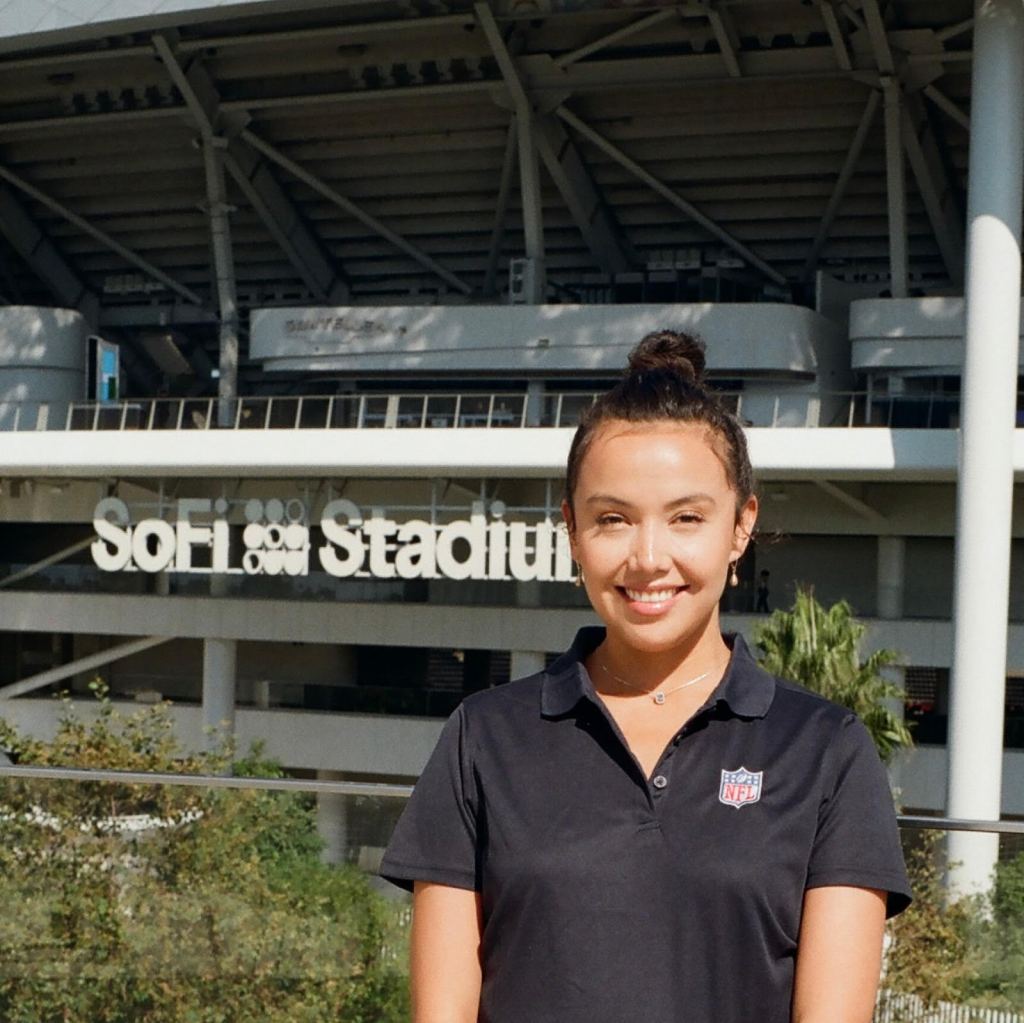
Chelsea Healy (Kainai First Nation / Blackfoot)
Chelsea Healy is a passionate journalist pursuing her master’s degree in Journalism at Oklahoma University. With a strong background in sports journalism, Chelsea has made a name for herself in the LA area over the past five years. Her work has been featured in prestigious publications such as Hamiinat magazine, NPR, and the Online News Association, where she has showcased her exceptional storytelling skills.
Chelsea works as a post-production assistant at the NFL network in Inglewood, California. In addition to her role at the NFL network, she has also gained experience in sports broadcasting play-by-play for Division 2 sports in the LA area. This experience has further fueled her desire to be an on-air talent and continue telling captivating stories.
Hailing from the Kainai First Nation, part of the Blackfoot Confederacy, Chelsea’s cultural heritage has greatly influenced her passion for storytelling. She aims to bring diverse perspectives to the forefront and shed light on important issues through her work. Chelsea Healy is poised to impact journalism significantly with her determination, talent, and unique background.

Katie Hallum (Cherokee)
Katie Hallum is both a print and radio journalist and a member of the Cherokee Nation. Born in Tahlequah, Oklahoma, she moved to Norman to attend college at the University of Oklahoma. She majored in both Journalism and International Security, and during her time there covered multiple issues such as Indigenous disparity, medical deserts, and local politics. She also worked for the local NPR affiliate, KGOU as the host of All Things Considered. She now works for the other NPR affiliate, KOSU, as their Indigenous Affairs reporter.
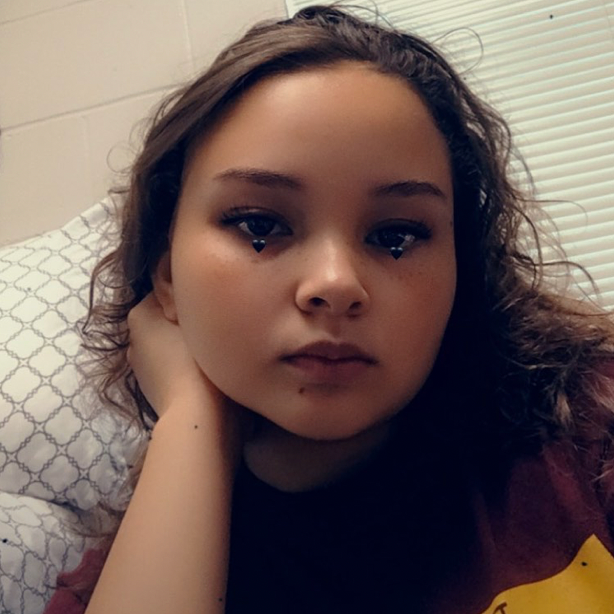
Kia Wynne (Lumbee)
My name is Kia Wynne, 21 years old and I am a Mass communication major with a concentration in Journalism. I have always had a love of writing since I was in middle school. While I was in the second grade, I would read a lot and continue that into high school. You would not see me without a book in my hands. I started to keep a journal and write stories on my mom’s computer. When I graduated high school, I went straight into college. I went looking for something that interests me which led me to Journalism. After doing a few classes, I ended up getting some of my articles into the school newspaper and became the Managing Editor of the Pine Needle. I am currently doing internships with Trill Magazine and Lumbeeland. I am hopeful to graduate next fall and am excited for what the future holds.
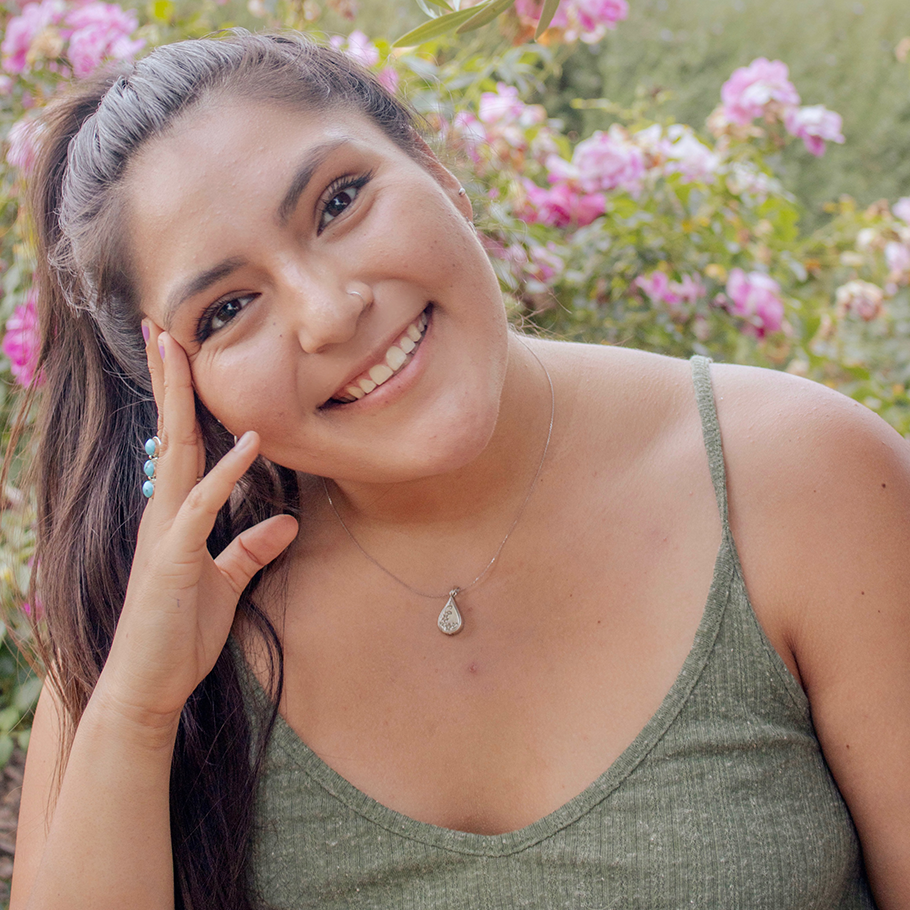
Kenzie Olivo (Luiseño / payómkawichum / Pauma Band of Mission Indians)
Mackenzie Olivo, a journalism student at the University of Hawai’i at Mānoa and descendant of the Payómkawichum tribe in Southern California, champions the voices of underrepresented communities. Through print, broadcast, and photography, she breaks barriers to information, ensuring all stories find their place. Mackenzie’s work embodies the transformative power of journalism, advocating for inclusivity and social change with each piece.
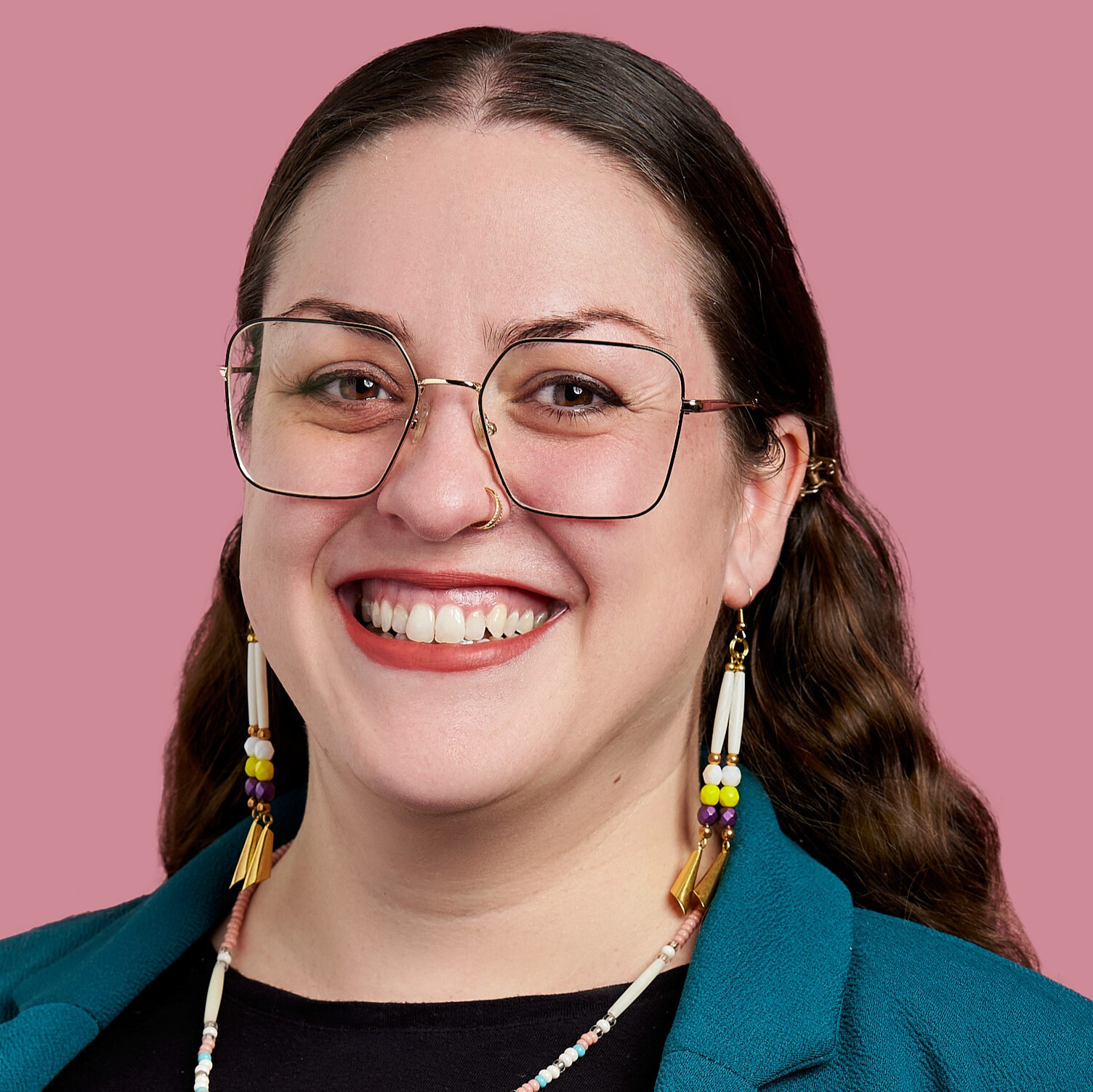
Molly Adams (Cherokee Nation of Oklahoma)
Molly Adams is a citizen of Cherokee Nation with a passion for ethical and restorative photojournalism. She’s working on a master’s degree in Indigenous Studies at the University of Kansas after earning a bachelor’s degree, also in Indigenous Studies, from Haskell Indian Nations University. She takes the responsibility of portraying the communities she photographs seriously and strives to repair the legacy of harm caused by photographers who historically and presently have not represented people fairly and accurately. In addition to photographing, she recently began writing articles on her local intertribal community. When she writes on Indigenous issues, her intention is to write for a general audience in a way that both educates the public and is, hopefully, restorative for Indigenous stakeholders.
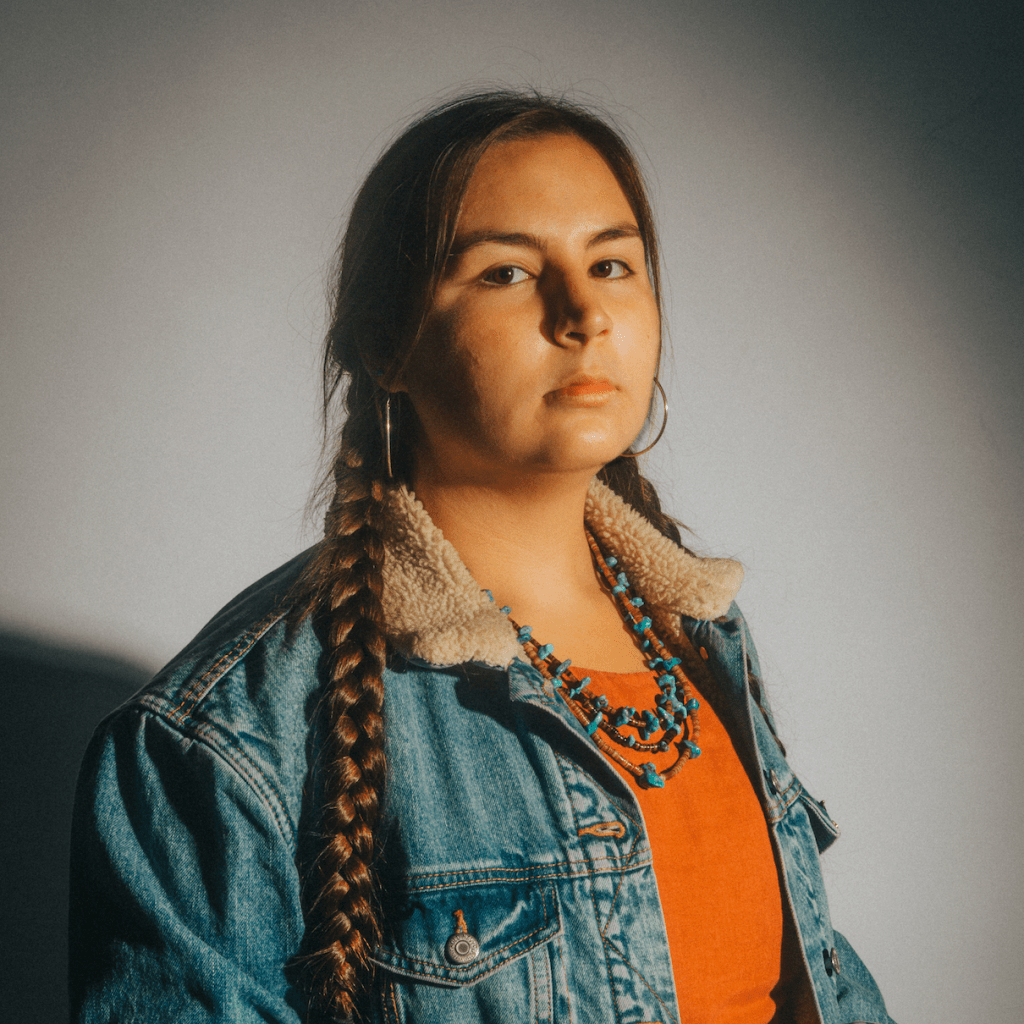
Parker Canby (Navajo)
Parker Canby is a Diné journalist and photographer whose work amplifies the voices within her Indigenous communities. Growing up off the reservation, Canby worked hard to find and develop a close relationship with other Native people in her city. Through her work she aims to uplift the stories of the other Indigenous peoples living away from their homelands, highlighting their resilience and the way they maintain their ties to their heritage. With her extensive background in multimedia storytelling, Canby creates visually compelling pieces to engage all audiences. She recently graduated with honors from The New School, in New York City, earning her BA in Journalism + Design and her BFA in Photography. She now resides in Savannah, GA, as a freelance photojournalist.
Mentors

Jourdan Bennett-Begaye (Diné), IJA Vice President Member, Education Committee Chair and IJF Program Director; Executive Editor, ICT
Jourdan Bennett-Begaye is the executive editor of digital at ICT, formerly Indian Country Today. She is the first woman to be the chief news executive and top editor of the 42-year-old newspaper. She is a Diné citizen of the Navajo Nation.
She received her master’s degree in magazine, newspaper and online journalism through the Newhouse Minorities Fellowship at the S.I. Newhouse School of Public Communications at Syracuse University. Her health background is rooted in her bachelor’s degree in athletic training from Fort Lewis College and the University of Michigan Future Public Health Leaders Program via the Centers for Disease Control and Prevention.
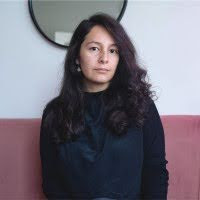
Adreanna Rodriguez (Lakota / Chicana), Freelance Journalist
Adreanna is a Lakota-Chicana artist based in Oakland, CA. As a storyteller, her research, writing, and filmmaking revolve around issues of social and climate justice for Indigenous communities, as well as femme stories. She holds a M.A. in Visual Anthropology from San Francisco State University and a Graduate Certificate in Documentary Studies from the Salt Institute. Adreanna has worked as a journalist and audio producer for VICE Media, where she received an Ida B. Wells Fellowship from Type Investigations to report on access to abortion services in Indian country. Her audio story, Roe was Never Enough is 2023 Gracie Honoree. She is currently freelancing.
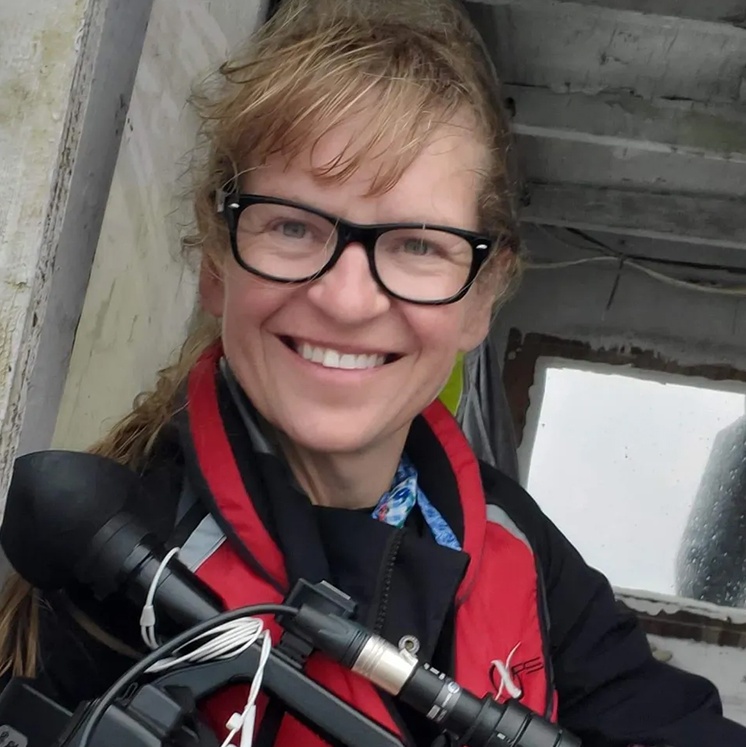
Angel Moore (Peguis First Nation), Video Journalist, APTN
Angel, Peguis First Nation, is a video journalist with APTN (Aboriginal Peoples Television Network), the world’s first Indigenous-owned and operated network, covering the Atlantic region including Labrador, Angel is based in Kjipuktuk (Halifax) Nova Scotia, Canada. Acknowledged for her work in 2022 by the National Native Media Award for best news TV story and awarded gold for breaking news TV story by the Atlantic Journalism Awards. Association in 2021 and 2022. Angel studied journalism at the University of King’s College, International Development Studies at Dalhousie University, and Science at the University of Manitoba. Angel is committed to Indigenous journalism and the tradition of storytelling.
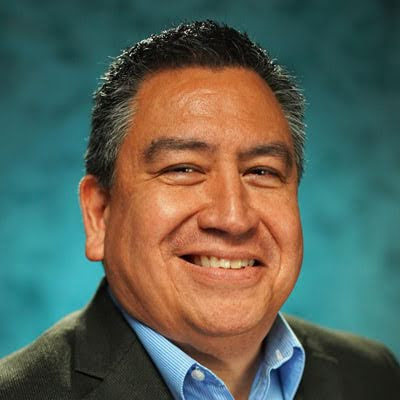
Darren Brown (Cochiti Pueblo / Choctaw), Senior Producer, Cheyenne and Arapaho Television
Darren Brown has over thirty years in broadcast television as a camera operator, news photographer, editor, and reporter. He began his TV career at KWTV in Oklahoma City while attending classes at the University of Oklahoma, and after graduation made stops at KAUZ, KOKH, KWTV again, and Cheyenne and Arapaho Television.
As Senior Content Producer, Brown has created countless hours of programming for CATV, including “Tribal Topics,” “Indian Road,” and “Frybread Flats,” a children’s show featuring Cheyenne and Arapaho languages, 2D animation, and puppet skits. He also produced the documentaries “Sacred Steps: Remembering Sand Creek” and “Lost Warriors: The Cheyenne and Arapaho Prisoners of Ft. Marion.”
His work has been recognized by the National Press Photographers Association, Society of Professional Journalists, Associated Press, Oklahoma Association of Broadcasters, Indigenous Journalists Association (formerly NAJA), the Telly awards, and the National Academy of Television Arts and Sciences.
Brown is a former board member of the Native American Journalists Association, and currently serves on the Station Advisory Committee for Native Public Media.
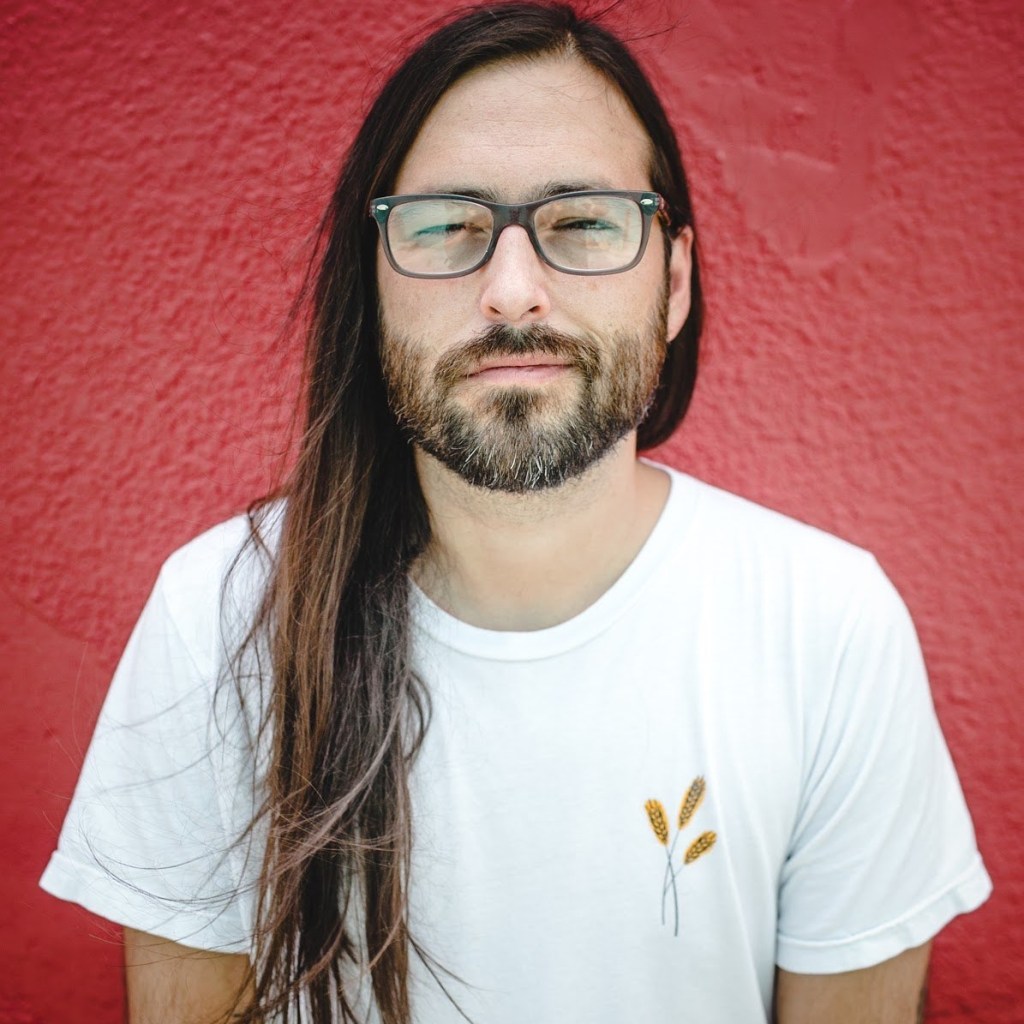
Graham Brewer (Cherokee), National Reporter on Race & Ethnicity, AP
Graham Lee Brewer is a national writer at the Associated Press, where he covers Indigenous communities and tribal nations. Prior to joining the AP, he covered Indian County for NBC News, and he has reported for the New York Times, NPR, Rolling Stone, the Guardian, and ProPublica. Brewer is a citizen of the Cherokee Nation and lives in Oklahoma.
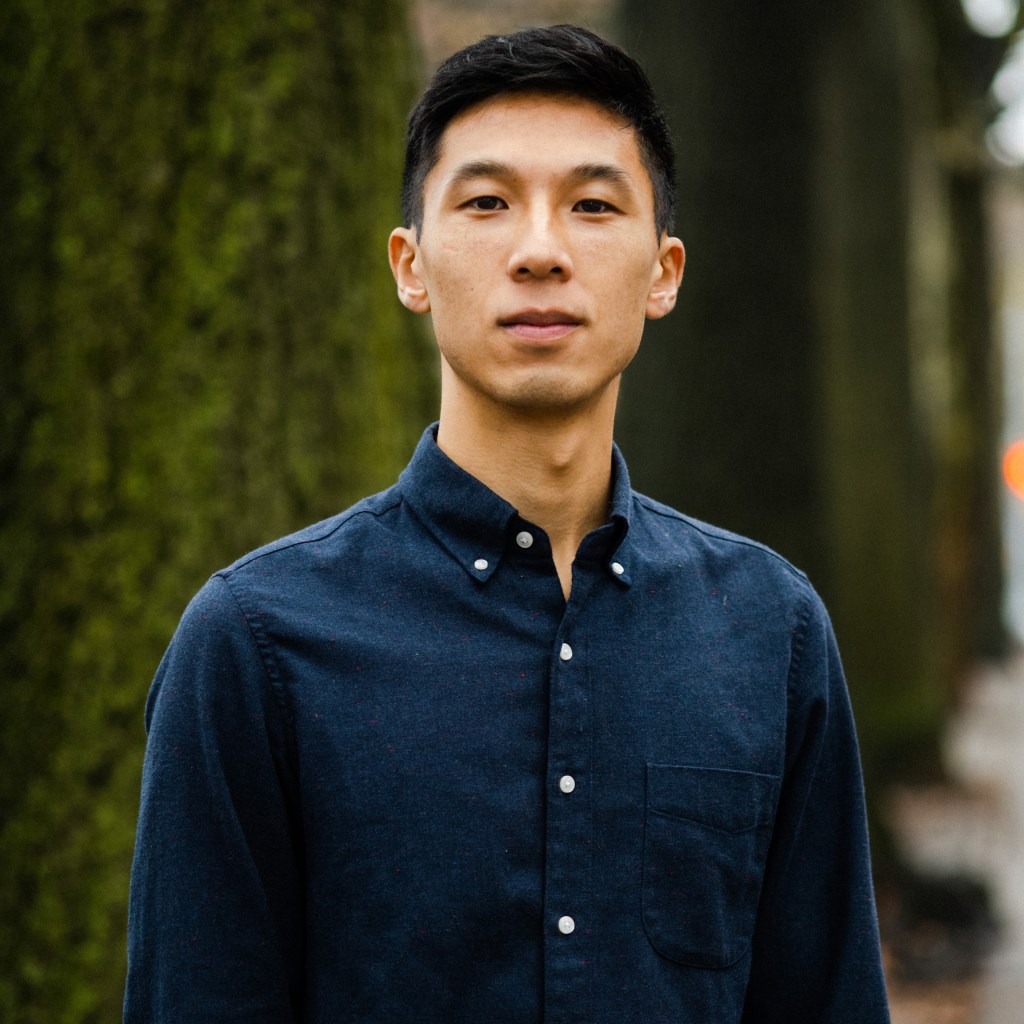
Joseph Lee (Aquinnah Wampanoag), Freelance Journalist
Joseph Lee is a member of the Wampanoag Tribe of Gay Head (Aquinnah) and is based in New York City. He is a former Senior Indigenous Affairs Fellow at Grist and teaches creative writing at Mercy College. His work has been published by The Guardian, High Country News, BuzzFeed News, Outside Magazine, and more. He has also been a fellow at the Asian American Writers Workshop.

Noel Smith (Diné), Reporter, Inside Climate News
Noel Lyn Smith is working this year with Inside Climate News through a fellowship funded by the Outrider Foundation and the Scripps Howard Fund. Her career has mostly focused on all aspects of the Navajo Nation. The stories she remembers are the Gold King Mine spill, opposition to artificial snowmaking on San Francisco Peaks, the death of Ashlynne Mike and the COVID-19 pandemic. She has a bachelor’s degree in journalism from Northern Arizona University and a master’s degree in investigative journalism from Arizona State University’s Walter Cronkite School of Journalism and Mass Communication. She was a staff reporter with the Farmington Daily Times in northwest New Mexico and with the Navajo Times in Window Rock, Arizona. Her stories and photography have appeared in regional and national publications.

Pauly Denetclaw (Diné), Political Reporter, ICT
Pauly Denetclaw, a citizen of the Navajo Nation, is Haltsooí (Meadow People) born for Kinyaa’áanii (Towering House People). An award-winning reporter based in Gallup, New Mexico, she has worked for the Navajo Times and Texas Observer covering Indigenous communities, and her radio pieces have aired on KYAT, National Native News, NPR’s Latino USA and Texas Public Radio.
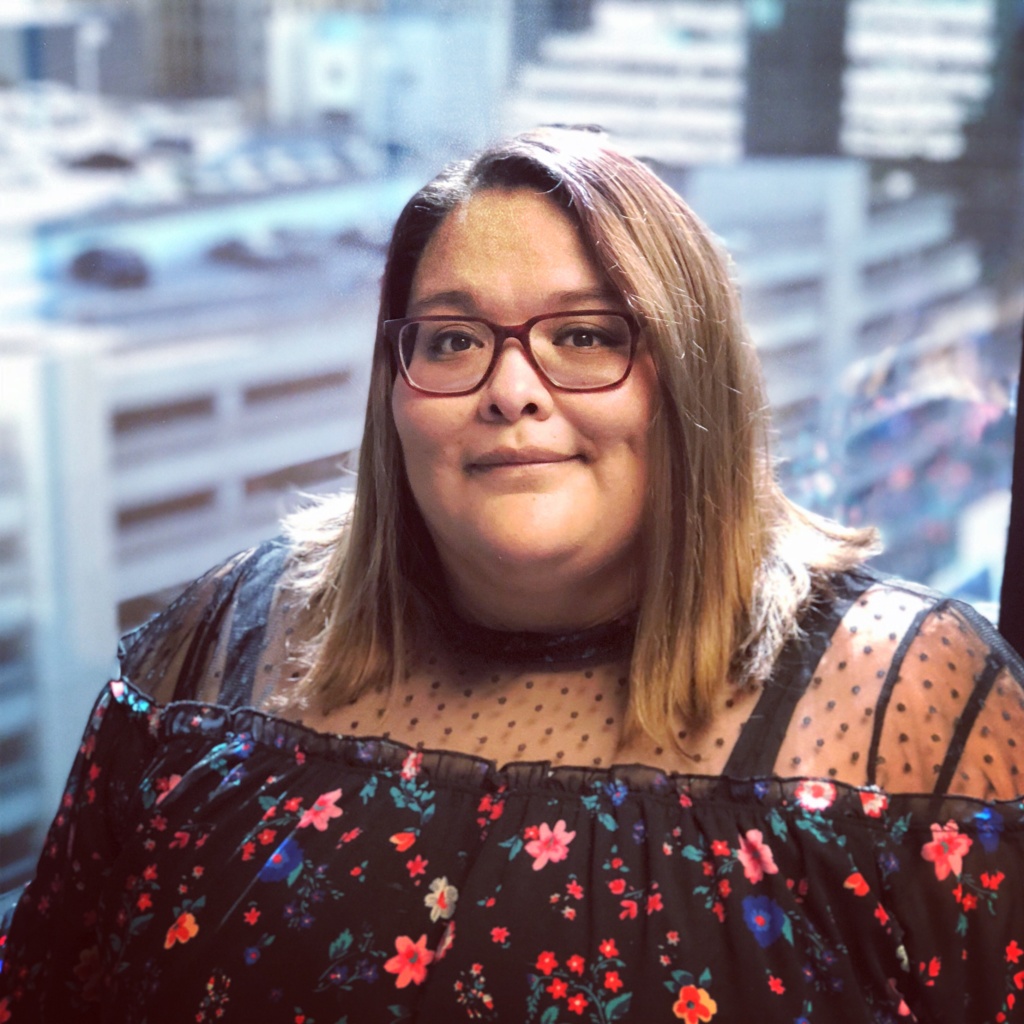
Shondiin Silversmith (Diné), Indigenous Communities Reporter, The Arizona Mirror
Shondiin Silversmith is an award-winning Native journalist based on the Navajo Nation. Silversmith has covered Indigenous communities for more than 10 years, and covers Arizona’s 22 federally recognized sovereign tribal nations, as well as national and international Indigenous issues. Her digital, print and audio stories have been published by USA TODAY, The Arizona Republic, Navajo Times, The GroundTruth Project and PRX’s “The World.” Silversmith earned her master’s degree in journalism and mass communication in Boston before moving back to Arizona to continue reporting stories on Indigenous communities. She is a member of the Native American Journalist Association and has made it a priority in her career to advocate, pitch and develop stories surrounding Indigenous communities in the newsrooms she works in.
For more information about the fellowship, fellowship sponsorships or to make a tax-deductible donation, please contact IJA Education Manager Sheena Roetman at sroetman@naja.com.
